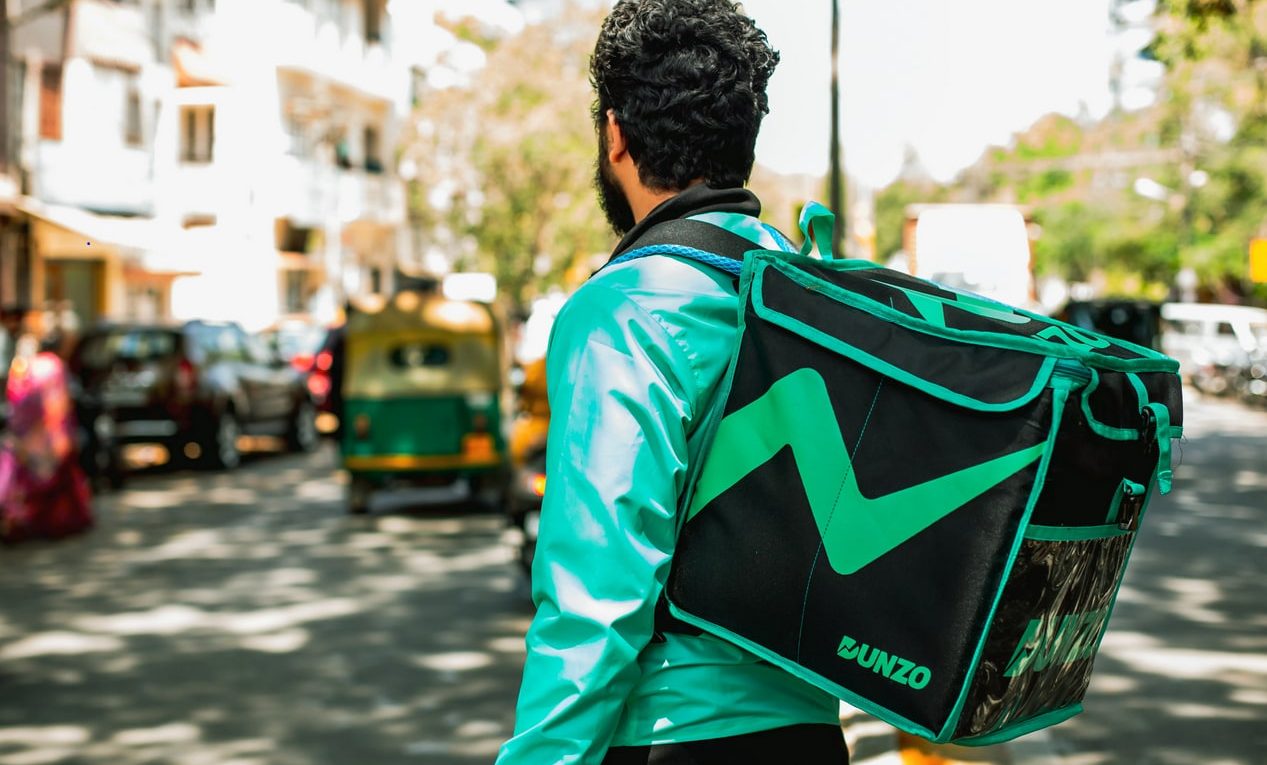Dunzo defers employee salaries for June and July yet again to November
Beleaguered quick commerce company Dunzo has yet again deferred the salaries of its employees. The firm’s chief executive officer Kabeer Biswas reportedly told employees on Friday that their pending payouts for June and July will be cleared in November.
The startup had previously deferred the June and July salaries of over 50 per cent of its workforce of 1,000 to the first week of September. It also capped employee salaries at ~75,000, irrespective of their pay package.
A few days ago, however, the company once again postponed employee salaries for August to October, before extending it to November now.
The deferrals have also led to operational disruptions. Last month, five of the seven dark stores Dunzo currently operates in its home base of Bengaluru became unserviceable as workers did not return to work.
The Bengaluru-based startup is also looking to move out of its headquarters on Wind Tunnel Road as part of further cost-cutting measures, according to reports.
To put a leash on expenses, the company has put in place a new hybrid marketplace business model, “which is a combination of dark stores and partner stores.”
Under this, Dunzo is focusing on sourcing its products directly from the nearest supermarkets and merchants to deliver to customers, rather than relying on the traditional dark store model adopted by its competitors.
Dunzo’s salary deferrals come even as the firm raised $75 million in funding through convertible notes in April this year, indicating its high cash burn rate. The company has been in talks to raise fresh funds but has not been able to do so yet.
supermarkets
The delivery platform had, at the same time, laid off around 30 per cent of its workforce or about 300 workers, CEO Biswas told employees as the firm looked to revamp its business model. Dunzo had previously let go of 3 per cent of its workforce – around 80 workers – in January.
The company’s primary business Dunzo Daily, which contributes around 90 per cent of its revenue, has significantly scaled down its operations. It competes with the likes of Y Combinator-backed Zepto, Zomato-owned Blinkit, and Swiggy Instamart.
